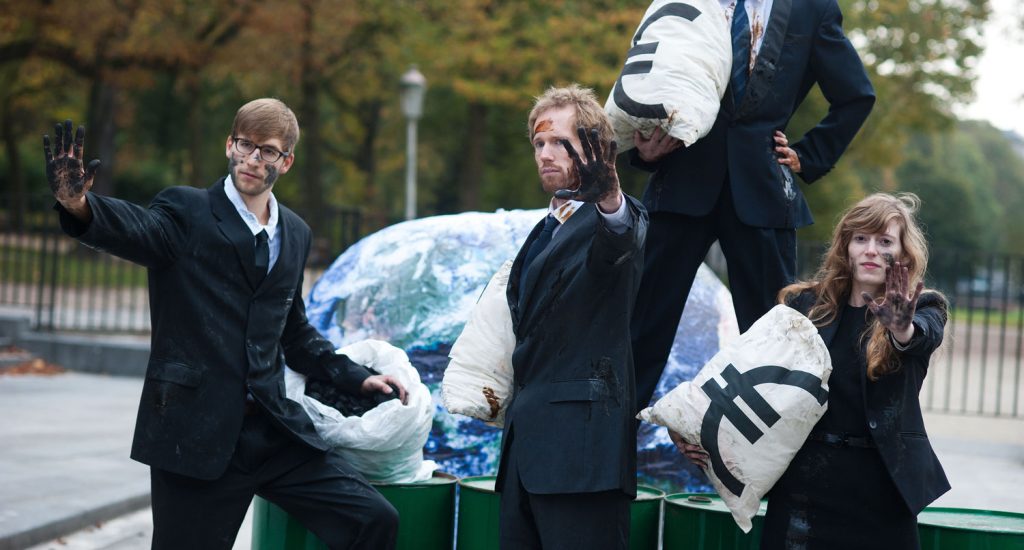Efforts to tackle climate change across the European Union fall far short of commitments made in Paris, according to Friends of the Earth Europe. The European Commission announced today its plan to distribute the goal of cutting emissions 40% by 2030 among the 28 member states.
The European Commission is claiming the 40% target is in line with international ambitions to curb climate change, a claim rejected by Friends of the Earth Europe. Signatories of the Paris Agreement committed to limiting temperature increases to well below 2°C and to pursue efforts to limit the temperature increase to 1.5 °C. With the current plan Europe is on track to a 2-2.4°C temperature increase.
Brook Riley, climate justice and energy campaigner for Friends of the Earth Europe said: “The EU’s climate plan promises far from Europe’s fair share in the fight against climate change– and everyone knows it. Words won’t fool melting glaciers, and only action can save those impacted by climate change. European and national policymakers need to stop presenting climate policy as a cost and start underlining its huge environmental and economic benefits.”
The Commission also courted controversy today over its lack of action on tar sands and its continued support for gas in transport. Proposed support for gas filling stations follows a trend of support for gas infrastructure that risks locking Europe into decades of fossil fuel use. This will impede the transition to urgently needed renewable sources of energy, according to Friends of the Earth Europe. The plan also fails to counter the growing use of climate-destroying tar sands in EU fuels.
Colin Roche, extractives campaigner for Friends of the Earth Europe said: “Europe must end its addiction to fossil fuels, including in the transport sector. There is a gaping tar-sands shaped hole in this strategy – it does not stop the dirtiest fossil fuel on earth entering Europe’s fuel mix and threatening Europe’s transition to low-carbon transport.”
Friends of the Earth Europe is calling on the European Commission to do more, and to focus on the benefits of higher emissions reduction targets, and investment in renewables and energy efficiency. Research demonstrates that higher energy efficiency and renewable energy targets could cut emissions in half by 2030. The European Commission’s own analysis shows this would bring major economic and energy security benefits.






